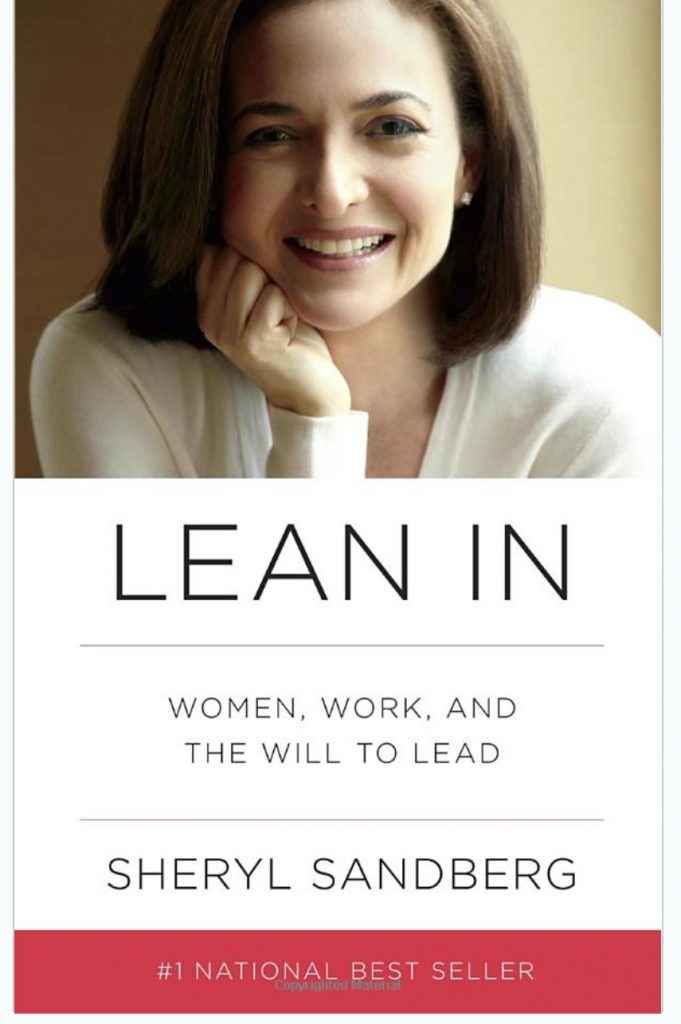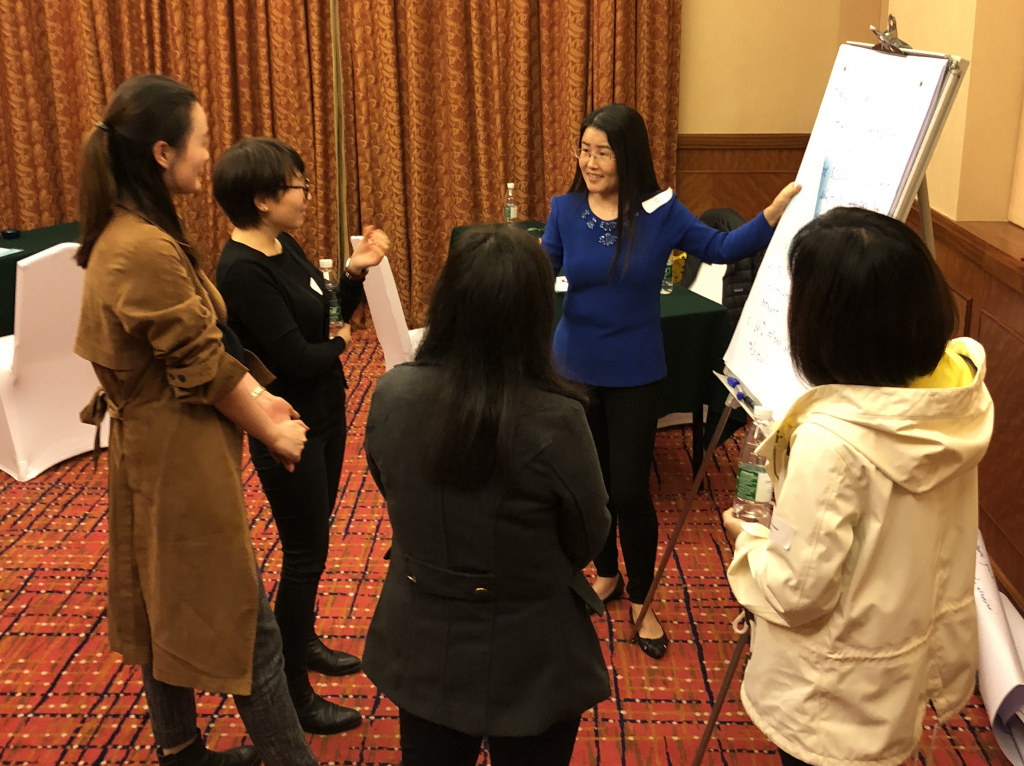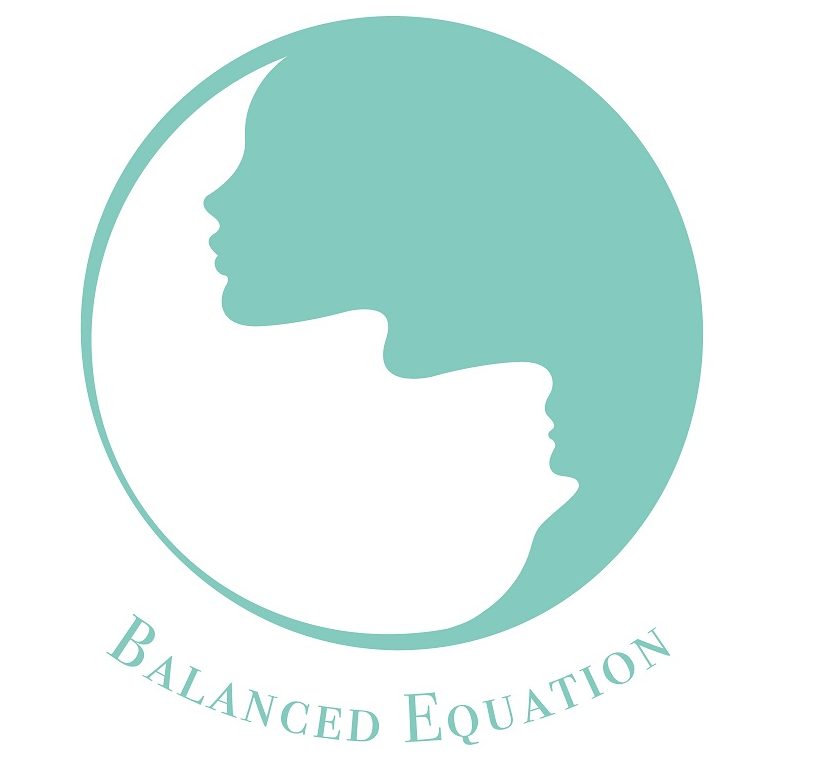In my profession as a social compliance auditor, I have done countless number of interviews with workers from different countries, in various industry sectors, with different backgrounds. One interesting phenomenon I observed over the years is that female workers are less likely to offer their opinions or to raise their voices during group interviews.
The objective of the type of worker interviews we conduct is to understand and evaluate employment conditions of workers. We usually conduct worker interviews individually and in groups of six to eight. In group interviews, it’s almost certain that one or two individuals dominate the discussion. More often than others, they are male interviewees. I am often perplexed by this phenomenon, despite my effort to be as inclusive as possible when facilitating interviews.
At the beginning, I told myself that female interviewees might be more nervous and timid, or they might not have much to offer, therefore they kept quiet. However, female workers have no problem providing their opinions when the interview is done one-on-one.
Why women are less like to speak up at work?
If the cases of my interview experience, women are more likely to provide insightful ideas when they are being interviewed individually. There is no doubt that women in the factories are as intelligent and knowledgeable as their male counterparts. But why don’t they want to be heard in a group? A light finally shines onto me when I read Sheryl Sandberg’s book LEAN IN: Women, Work, and the Will to Lead. By the way, I would highly recommend anyone to get a hold of it as soon as possible if you have not ready read it. As Sandberg puts it, it’s ourselves that created this inner barrier that holds many female back from sitting at the table [with the rest of the men], and therefore making ourselves be heard. We often persuade ourselves that our opinion doesn’t matter; our thoughts are not as good; and our ideas are not creative. We are our own biggest critics that pull ourselves down from advancing.

“When I don’t feel confident, one tactic I’ve learned is that it sometimes helps to fake it.”
~ Sheryl Sandberg, COO Facebook
“What it taught me was you have to be very confident, even though you’re so self-critical inside about what it is you may or may not know. And that, to me, leads to taking risk.”
~Virginia Rometty, IBM’s first female CEO
I am also guilty of being my own worse self critic, and often find excuses for not speaking up even when I have good ideas. But, there was a recent experience that inspires me. This experience also incubated this article, and encourages me to find tools to help myself and others to remove the barrier to speak up.
A Story of Breaking the Barrier
A month ago, I was invited to observe a group of professionals discussing their feedback on a project. We broke the discussion into several teams, and each team is facilitated by one team lead. At the first few rounds of discussion, we observed that the dialogue was always dominated by male participants. I was frustrated, because we have almost 50/50 split of male and female participants, but most of the female remain quiet throughout the discussion.
During a break, my partner Tara whom I admire a great deal, whispered to me “do you think we should regroup the teams? What about having one female team leader facilitates a female-only group discussion. Let’s see what will happen” So, we pulled aside the only female team leader in the room, and asked her to lead the female-only discussion, with four other female participants.

The discussion went extremely well, with a long list of constructive feedback along with solutions to address the issues. The female team leader, whom has been quiet during the previous sessions, has done a fantastic job. The team lead restructured the discussion in a certain way so that each participant is allotted time to speak. She listened attentively, reassured each participant their points were well valued and heard, then encouraged the team to find solutions to the problem. The female-only group gave some of the most insightful feedback of the day.
When we provide the right platform, the suitable environment, and the appropriate timing, wonders can happen. We should all look deep inside ourselves to see what is your barrier holding you back from speaking up.


Very insightful! Make me reflect myself and want to know more. Why. When does it start? Embed in DNA? Culture/ education? Worldwide phenomenon? How to improve and how to change? What can help to change? Thank you for letting us see this elepjant. 🙂 look forward to see more articles to see how to make this world a better place